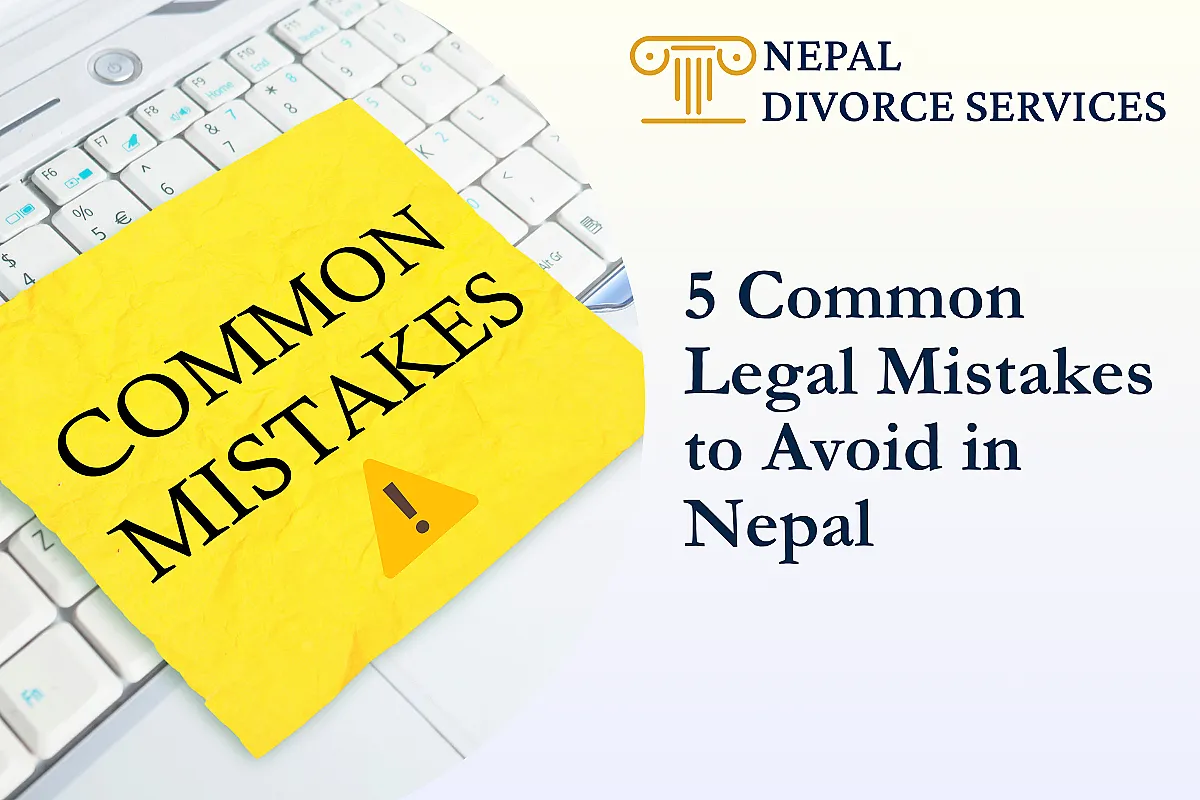Tag : Contract Enforcement Lawyer
5 Common Legal Mistakes to Avoid in Nepal
Nepal is a country with a rich and diverse legal system, influenced by both its ancient traditions and its modern developments. However, navigating the complex laws and regulations of Nepal can be challenging for anyone, especially for foreigners or those who are unfamiliar with the local context. Here are some common legal mistakes that you should avoid in Nepal, and some tips on how to deal with them.
Arbitration Act of Nepal: Key Insights on Arbitration Law and Practices
This article offers a comprehensive overview of the Arbitration Act of Nepal, delving into the legal framework and practical aspects of arbitration proceedings in the country. From the initiation of arbitration and appointment of arbitrators to the enforcement of domestic and foreign awards, we cover the essential aspects of the law. Additionally, you'll find a breakdown of arbitrator qualifications, decision-making timelines, court intervention, and key landmark cases that shaped Nepalese arbitration. Whether you're a legal professional, business owner, or someone seeking arbitration, this guide provides actionable insights into arbitration law in Nepal.
Cheque Bounce in Nepal
A bounced cheque happens when the payee is unable to access the funds because the bank rejects the cheque, usually due to insufficient funds or mismatched signatures. In Nepal, the Negotiable Instruments Act 2034 (1977) and the Banking Offences and Penalties Act of 2064 (2008) outline the procedures for handling bounced cheques. Legal action can be taken either through civil lawsuits or criminal prosecution, depending on the intent and circumstances. Fines, penalties, and imprisonment range based on the cheque amount, with serious violations leading to up to five years of imprisonment. To avoid these consequences, it is important for individuals to ensure financial transparency and fund availability when issuing cheques.



